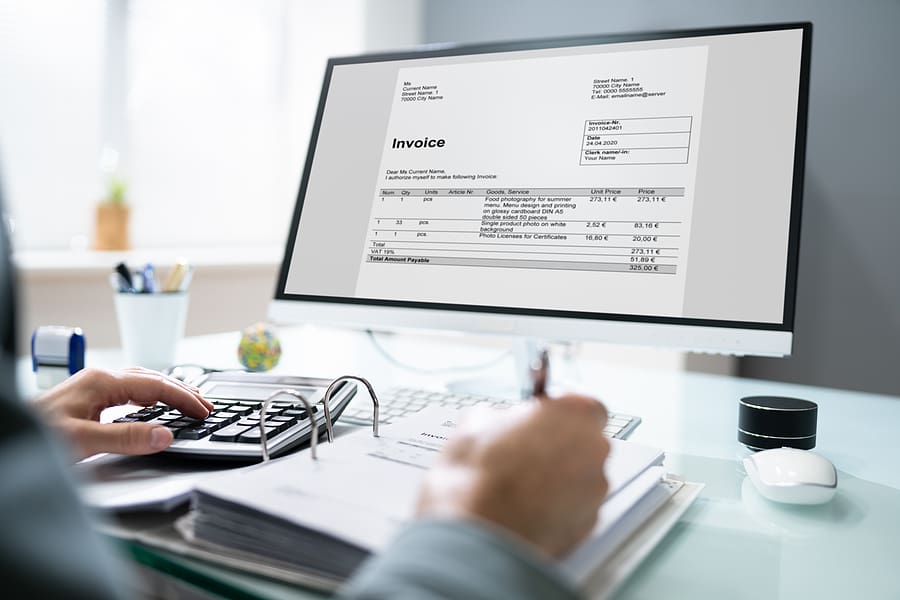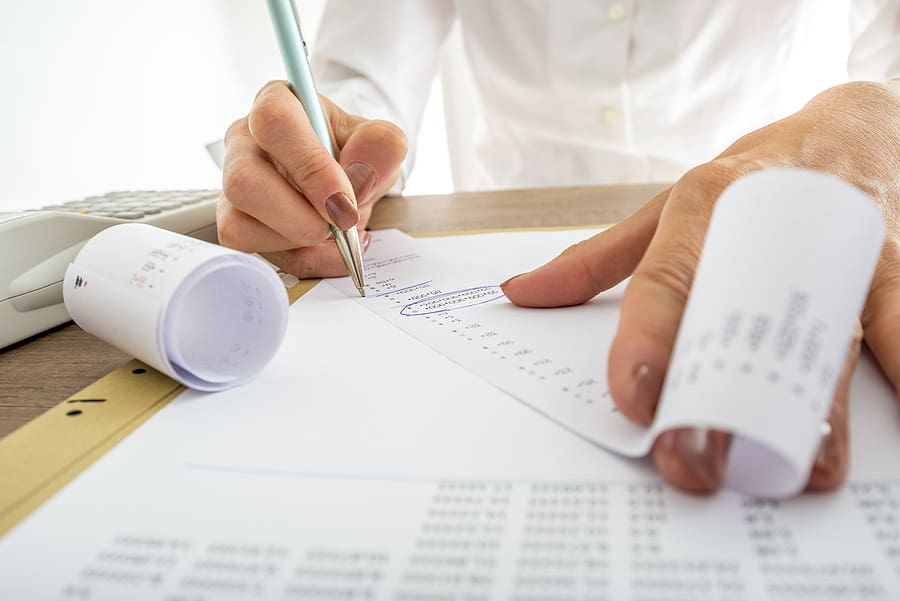CAT Tax
The commercial activity tax (CAT), paid by businesses on their gross receipts is known as the CAT. Gross receipts are defined by the total amount received without deductions for the cost of goods sold or other expenses. Businesses responsible for the CAT will use the same method of accounting as they do for federal income tax.
Who Does the CAT Apply To?
 The CAT currently applies to Businesses that have taxable gross receipts of $150,000 or more in a calendar year. There are multiple states with gross receipts tax including:
The CAT currently applies to Businesses that have taxable gross receipts of $150,000 or more in a calendar year. There are multiple states with gross receipts tax including:
- Delaware
- Nevada
- Ohio
- Oregon
- Tennessee
- Texas
- Washington
This can include sole proprietors, partnerships, or corporations, as well as service providers and those engaged in the sale or rental of property. The CAT also applies to out of state businesses that have at least $500,000 in taxable gross receipts, $50,000 in property, $50,000 in payroll, or have at least 25% of their total property, payroll, or gross receipts in a state that has taxable gross receipts.
The CAT does not apply to nonprofit organizations, insurance companies, financial institutions, affiliates of financial institutions and insurance companies, dealers in intangibles, or certain receipts by public utilities that are subject to the public utility excise tax.
What are the CAT Rates and Filing Dates?
The CAT has a rate of 0.26% for businesses with receipts of over $1,000,000. For businesses with gross receipts between $150,000 and $1,000,000 there is a minimum tax of $150.
Before filing a return, liable businesses will register electronically. Returns will need to be filed quarterly, and are due 40 days from the end of each calendar quarter with the minimum tax due May 10th of each year.
There are some special provisions and credits, including a job creation tax credit, a job retention tax credit, a credit for qualified research expenses, and a credit for research and development loan payments. These credits can be either refundable or non-refundable.






